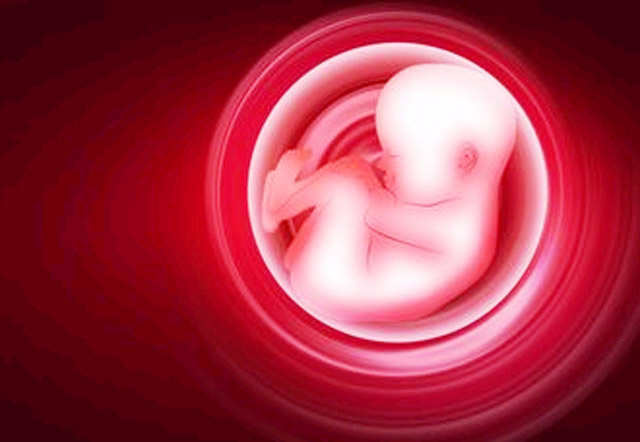New York: Prenatal or early exposure to a plastic chemical may harm brain development and reduce cognitive function, says a study.
Phthalates -- chemicals that belong to the same class as Bisphenol A (BPA) and are used in food packaging and processing materials -- can potentially interfere with hormones important for the developing brain.
The study by researchers including Janice Juraska, from the University of Illinois in the US, showed that rats' prenatal and early exposure to phthalates was associated with smaller medial prefrontal cortex (mPFC) -- brain region responsible for deep and dreamless sleep.
They also performed poorly on an attention-switching task than those not exposed to the chemicals early in life.
The findings, published in Journal of Neuroscience, showed that perinatal phthalate exposure resulted in a reduction in neuron number, synapse number, size of the mPFC and a deficit in cognitive flexibility for both male and female adult offspring of these rats.
As the mPFC is crucial for high-level cognitive functions, reduced cognitive flexibility is observed in developmental disorders such as autism.
The results show that perinatal phthalate exposure can have long-term effects on the cortex and behaviour of both male and female rats.
The findings are important as humans may be regularly exposed to a variety of phthalates, which are endocrine-disrupting chemicals, the researchers warned.













